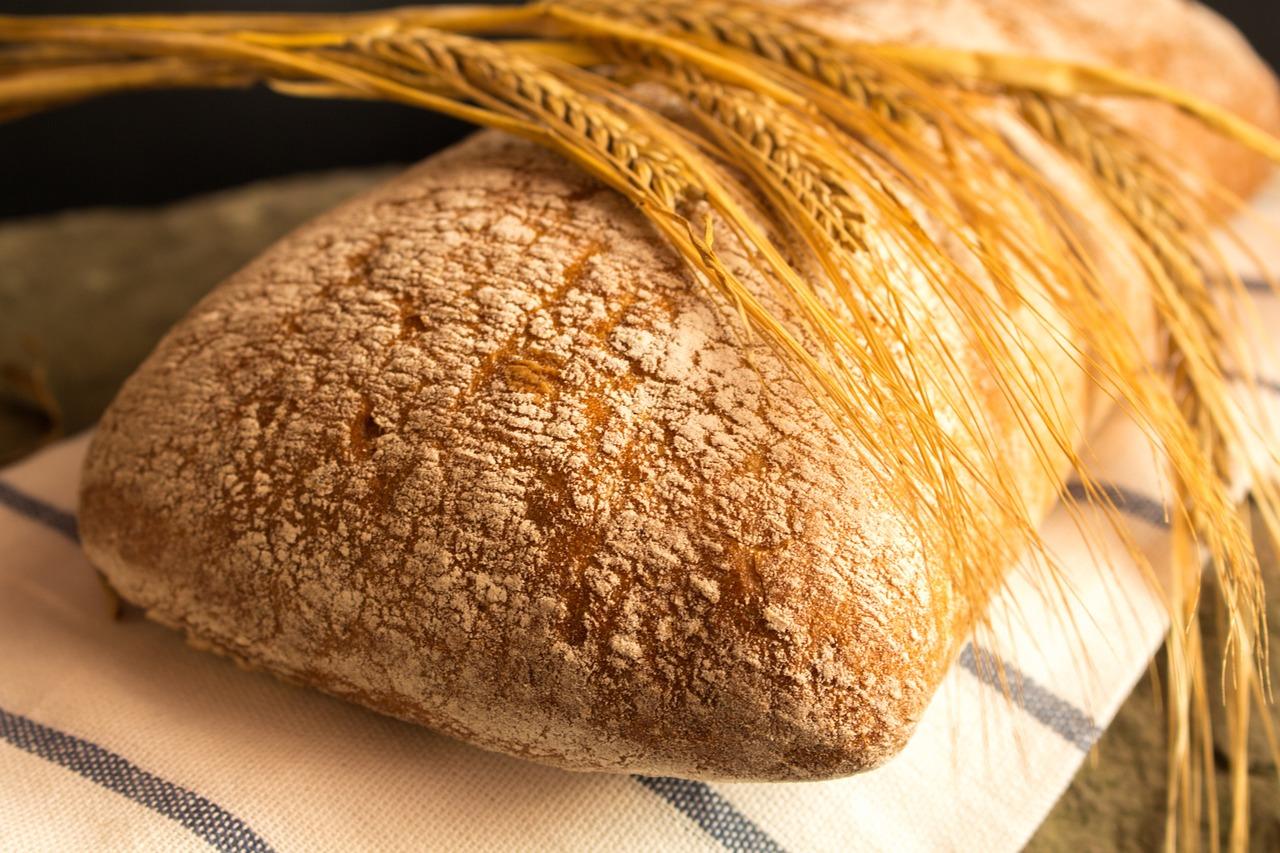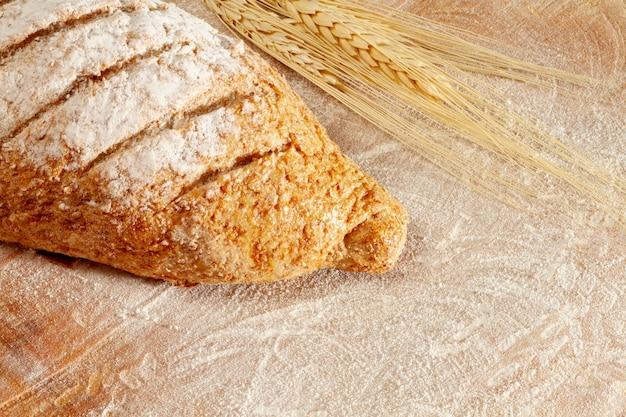Have you ever wondered if eating self-rising flour is harmful to your health? In today’s blog post, we’ll delve into this intriguing topic and provide you with the answers you need. Many of us enjoy indulging in baked goods, but what exactly happens to our bodies when we consume flour? Is there a risk of harm or potential health consequences? We’ll explore these questions and more to help you make informed choices about your diet and overall well-being.
Food addiction is a growing concern in our society, and many wonder if flour can contribute to this addictive behavior. We’ll discuss how to recognize if you have a food addiction and explore the reasons behind the addictive nature of unhealthy foods. Additionally, we’ll address the common misconception surrounding self-rising flour and its potential for harmful effects.
So if you’re curious to learn whether eating self-rising flour can harm you and want to gain a deeper understanding of the impact of flour on your body, keep reading. We’ve got all the fascinating information you need right here in this blog post. Don’t miss out!
Can Eating Self-Rising Flour Harm You
If you’re a baking enthusiast or have a sweet tooth that constantly craves delicious pastries, you may have come across self-rising flour. It’s a handy ingredient that combines flour, salt, and baking powder, making it convenient for quick and easy baking. But could this seemingly harmless ingredient be potentially harmful to your health? Let’s dive into the world of self-rising flour and uncover the truth.
The Mysterious Mix
Self-rising flour may seem like a magical concoction straight out of a fairytale. It saves you time and effort by eliminating the need to add extra leavening agents like baking powder or baking soda. But what exactly goes into this mystical mix? Well, it typically consists of regular flour, salt, and baking powder. The baking powder is the key ingredient responsible for giving your baked goods that oh-so-fluffy texture.
The Salt and the Sodium
One of the main concerns associated with self-rising flour is its sodium content. The addition of salt in self-rising flour means that it generally has a higher sodium content compared to regular flour. And while a pinch of salt enhances the flavor of your baked goods, excessive sodium intake can have negative effects on your health.
All About Balance
Now, before you start worrying about the sodium in self-rising flour, it’s essential to consider the big picture. Our bodies require a certain amount of sodium to function correctly, but consuming too much can lead to health issues like high blood pressure. The key here is balance. If you have a diet that is already high in sodium, it may be wise to opt for alternative flours or use self-rising flour in moderation.
Sensitive Souls Beware
If you’re someone who has a sensitivity or intolerance to gluten, self-rising flour may not be your best bet. It typically contains regular wheat flour, which is packed with gluten. For those with gluten-related issues, consuming self-rising flour could lead to discomfort, digestive issues, and inflammation. Luckily, there are now gluten-free alternatives available that can allow you to enjoy baking without the pesky gluten.
The Bottom Line
Ultimately, the question of whether eating self-rising flour can harm you depends on various factors. While it may be a convenient option for quick baking, it’s essential to be mindful of your sodium intake and consider alternative flours if needed. If you have gluten sensitivities, exploring gluten-free options will ensure you can bake to your heart’s content without any adverse effects. Remember, balance and moderation are the keys to a happy and healthy baking journey!
So, the next time you’re about to whip up a batch of fluffy pancakes or delectable biscuits, take a moment to consider the ingredients in your self-rising flour. Stay informed, make wise choices, and enjoy the delightful world of baking while keeping your health in mind. Happy baking!
FAQ: Can eating self-rising flour harm you
Welcome to our FAQ section about self-rising flour and its potential effects on your health. We’ve gathered the most commonly asked questions on this topic and provided clear and engaging answers below.
Is self-rising flour harmful for your health
Self-rising flour is generally safe to consume in small quantities, but excessive intake can have negative effects on your health. It is important to understand the potential risks associated with consuming self-rising flour and to consider healthier alternatives when possible.
What happens to your body when you consume flour
When you consume flour, your body breaks it down into sugars, which are then absorbed into your bloodstream. This process can cause a spike in your blood sugar levels, leading to a temporary energy boost followed by a crash. Additionally, flour lacks essential nutrients and dietary fiber, which are important for a healthy diet.
Are there any medications to treat food addiction
Currently, there are no specific medications approved for the treatment of food addiction. However, there are various therapy-based approaches, such as cognitive-behavioral therapy, that can help individuals manage and overcome their food addiction.
What should I include in my diet for optimal health
To maintain a healthy lifestyle, it is important to include a variety of nutrient-dense foods in your diet. Focus on consuming fruits, vegetables, lean proteins, whole grains, and healthy fats. These foods provide essential vitamins, minerals, and fibers that support overall well-being.
How can I identify if I have a food addiction
Identifying a food addiction can be challenging, as it is a complex issue that manifests differently in each individual. However, common signs may include frequent cravings, loss of control over eating, continuing to eat despite negative consequences, and experiencing withdrawal-like symptoms when trying to cut down on certain foods.
Why are unhealthy foods so addictive
Unhealthy foods, such as those high in sugar, salt, and unhealthy fats, are often designed to trigger pleasure centers in our brains. These foods can stimulate the release of dopamine, creating a rewarding feeling and leading to cravings and addictive behaviors.
Can excessive consumption of self-rising flour be harmful
Yes, consuming large amounts of self-rising flour can have negative effects on your health. The refined carbohydrates in self-rising flour can contribute to weight gain, increase the risk of developing chronic diseases like diabetes and heart disease, and negatively impact overall dietary balance.
What is a person with a food addiction called
A person dealing with a food addiction is often referred to as a “food addict” or someone with “compulsive eating disorder.” Acknowledging and seeking support for this condition is an important step towards recovery and improved well-being.
What are the chances of contracting E. coli from flour
The chances of contracting E. coli from flour are relatively low but not impossible. It is important to note that flour is a raw agricultural product and can potentially be contaminated during the production process. To reduce the risk of E. coli or other foodborne illnesses, it is advisable to cook or bake flour-based products thoroughly.
We hope these FAQs have provided you with valuable insights into the potential risks and considerations associated with consuming self-rising flour. Remember, moderation and a balanced diet are key to maintaining a healthy relationship with food.
*Disclaimer: This article is for informational purposes only and should not be considered as a substitute for professional medical advice. Always consult with a qualified healthcare provider regarding your specific situation.

